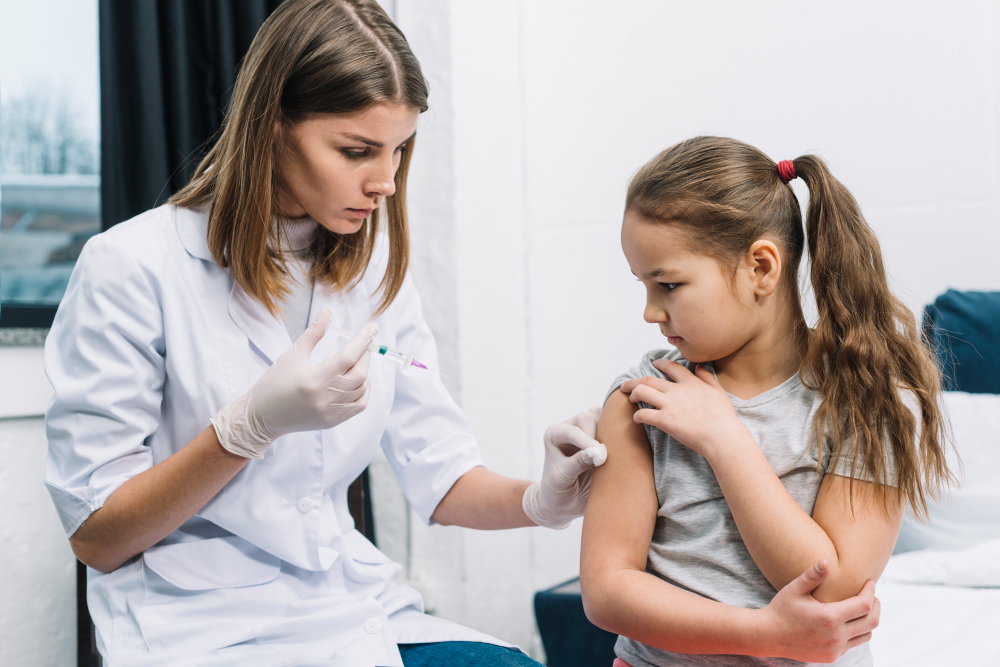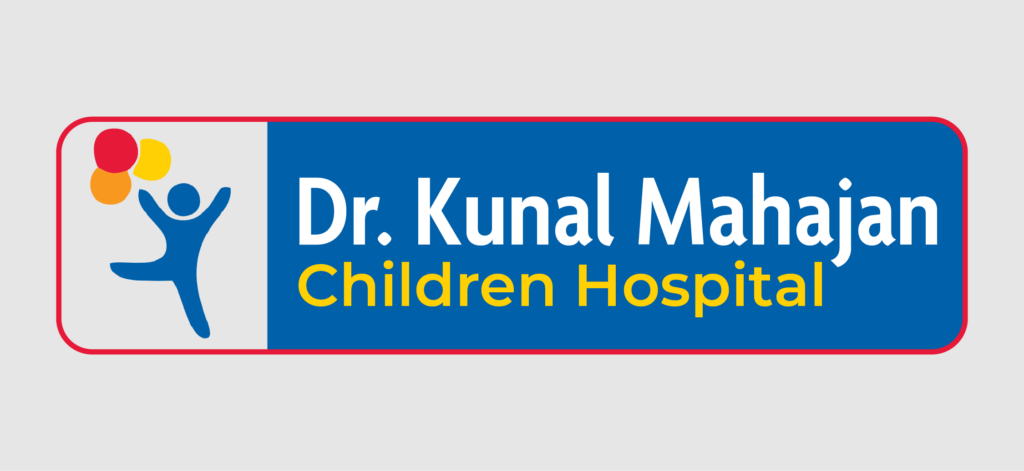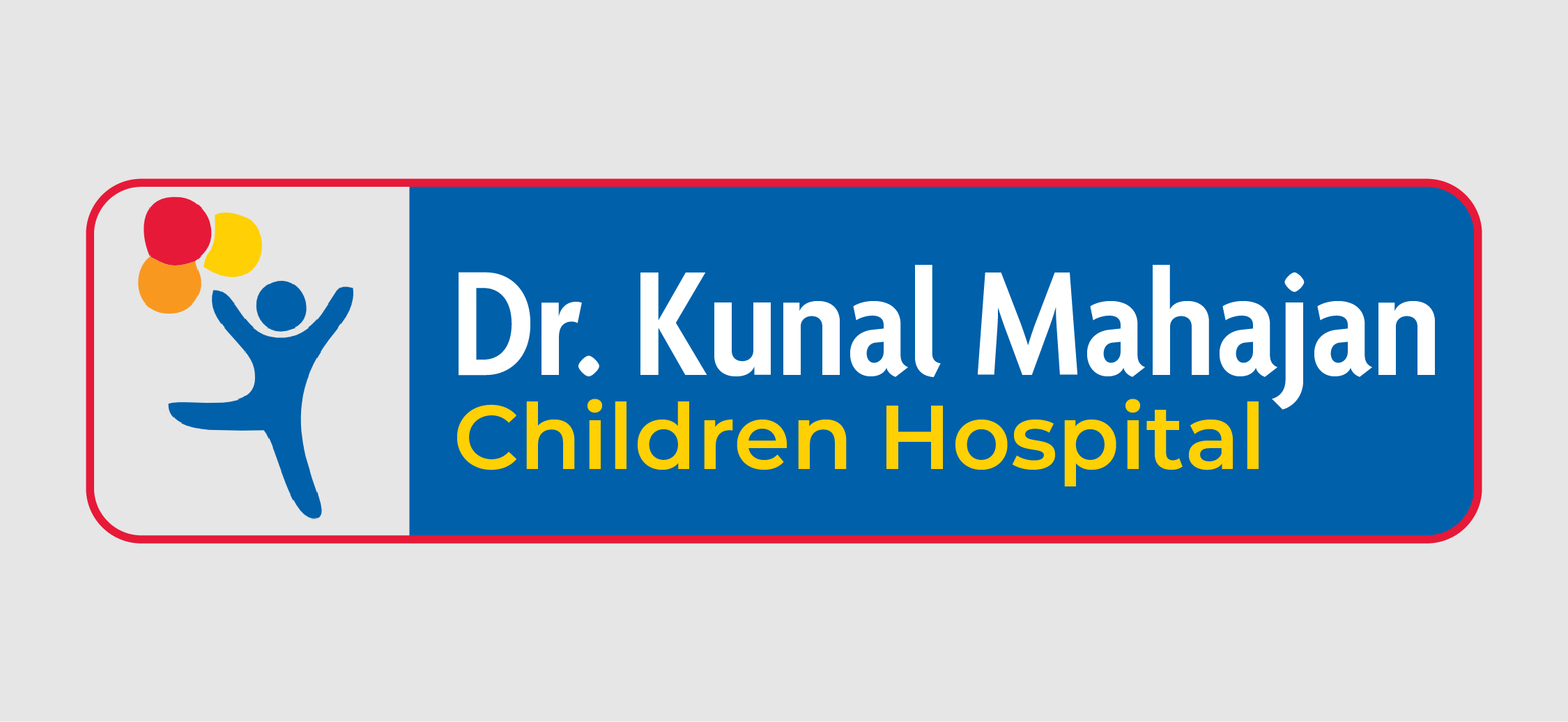Pediatric Infectious Diseases

At Dr. Kunal Mahajan Children’s Hospital, we provide specialized services for the diagnosis, treatment, and management of pediatric infectious diseases, including common childhood illnesses such as chickenpox. Pediatric infectious diseases encompass a broad range of conditions caused by infectious agents such as bacteria, viruses, fungi, and parasites. Our dedicated team of pediatric infectious disease specialists, pediatricians, nurses, and support staff is committed to delivering comprehensive and compassionate care to children with infectious diseases and their families.
Diagnosis: Accurate diagnosis of pediatric infectious diseases is crucial for initiating appropriate treatment and preventing transmission to others. Our experienced pediatric infectious disease specialists conduct thorough evaluations, including detailed medical history assessments and physical examinations, to identify signs and symptoms suggestive of infectious diseases. Diagnostic tests, such as laboratory tests (blood tests, urine tests, throat swabs, stool samples), imaging studies (X-rays, ultrasounds), or serological tests (antibody detection), may be performed to confirm diagnoses, identify causative pathogens, and guide treatment strategies.
Classification: Pediatric infectious diseases encompass a diverse spectrum of conditions with varying etiologies, presentations, and treatment approaches. Common types of pediatric infectious diseases include:
Viral Infections: Viral infections are among the most common pediatric infectious diseases and can affect various organ systems, including the respiratory tract, gastrointestinal tract, skin, nervous system, and mucous membranes. Examples of viral infections in children include:
Chickenpox (Varicella): Chickenpox is a highly contagious viral infection caused by the varicella-zoster virus (VZV), characterized by a pruritic rash of vesicles that progress to crusting lesions, along with fever, malaise, and systemic symptoms.
Respiratory Viral Infections: Respiratory viral infections, such as influenza (flu), respiratory syncytial virus (RSV), adenovirus, parainfluenza virus, and human metapneumovirus, can cause symptoms ranging from mild upper respiratory tract infections to severe lower respiratory tract infections, pneumonia, and bronchiolitis.
Gastrointestinal Viral Infections: Gastrointestinal viral infections, such as norovirus, rotavirus, enteroviruses, and adenovirus, can cause symptoms such as diarrhea, vomiting, abdominal pain, fever, and dehydration in children.
Bacterial Infections: Bacterial infections can affect various body systems and may be associated with localized or systemic symptoms. Common bacterial infections in children include:
Streptococcal Infections: Streptococcal infections, such as strep throat (caused by group A Streptococcus), scarlet fever, and impetigo, can cause sore throat, fever, rash, and skin infections in children.
Urinary Tract Infections (UTIs): Urinary tract infections, caused by bacteria such as Escherichia coli, can affect the kidneys, bladder, or urethra and may present with symptoms such as dysuria, frequency, urgency, abdominal pain, fever, or hematuria.
Skin and Soft Tissue Infections: Bacterial skin infections, including cellulitis, abscesses, impetigo, and folliculitis, can cause localized inflammation, redness, swelling, pain, and skin lesions in children.
Fungal and Parasitic Infections: Fungal and parasitic infections are less common but can affect children, particularly those with compromised immune systems or exposure to contaminated environments. Examples include:
Fungal Infections: Fungal infections, such as ringworm (tinea corporis), candidiasis (thrush), or dermatophytosis, can cause skin, nail, or mucous membrane infections in children.
Parasitic Infections: Parasitic infections, such as giardiasis, cryptosporidiosis, pinworm infestation, or scabies, can affect the gastrointestinal tract, skin, or other organs in children and may require specific diagnostic tests and treatments.
Treatment: Treatment for pediatric infectious diseases aims to alleviate symptoms, control infection, prevent complications, and reduce transmission to others. Our hospital offers a comprehensive range of treatment options for pediatric infectious diseases, including:
Antimicrobial Therapy: Antimicrobial medications, including antibiotics, antivirals, antifungals, or antiparasitic drugs, may be prescribed to target specific pathogens and treat underlying infections. Our pediatric infectious disease specialists carefully select and prescribe antimicrobial agents based on microbial sensitivity testing, clinical guidelines, and individual patient factors.
Supportive Care: Supportive care measures, such as hydration, fever management, pain relief, rest, and nutrition, are essential components of treatment for pediatric infectious diseases and help alleviate symptoms, support immune function, and promote recovery in children.
Immunizations: Immunizations play a critical role in preventing many pediatric infectious diseases and reducing the burden of vaccine-preventable illnesses in children. Our hospital offers comprehensive immunization services, including routine childhood vaccinations, catch-up vaccinations, and travel vaccinations, to protect children against infectious diseases and promote herd immunity in the community.
Infection Control Measures: Infection control measures, including hand hygiene, respiratory hygiene, isolation precautions, environmental cleaning, and vaccination strategies, are essential for preventing the spread of infectious diseases within healthcare settings, schools, daycare facilities, and communities.
Education and Prevention: Our hospital provides comprehensive patient and family education on infection prevention, hygiene practices, vaccination schedules, antimicrobial stewardship, and appropriate healthcare-seeking behaviors to empower children and families to prevent infectious diseases and promote health and well-being.


